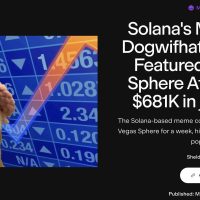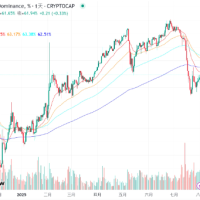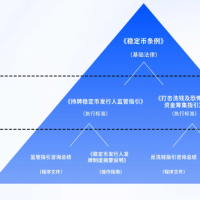Chain Exploration”PUMP Rises Against the Trend, and the Meme Launchpad Has Seen Continuous Battles in the Past Two Weeks”
Competition among meme launchpads will continue—pump.fun relies on ecosystem token recovery, Letsbonk.fun holds onto new token territory, and new players try to break through with ‘narrative innovation’. But everyone faces the same challenge: how to restore market confidence in meme coins?








